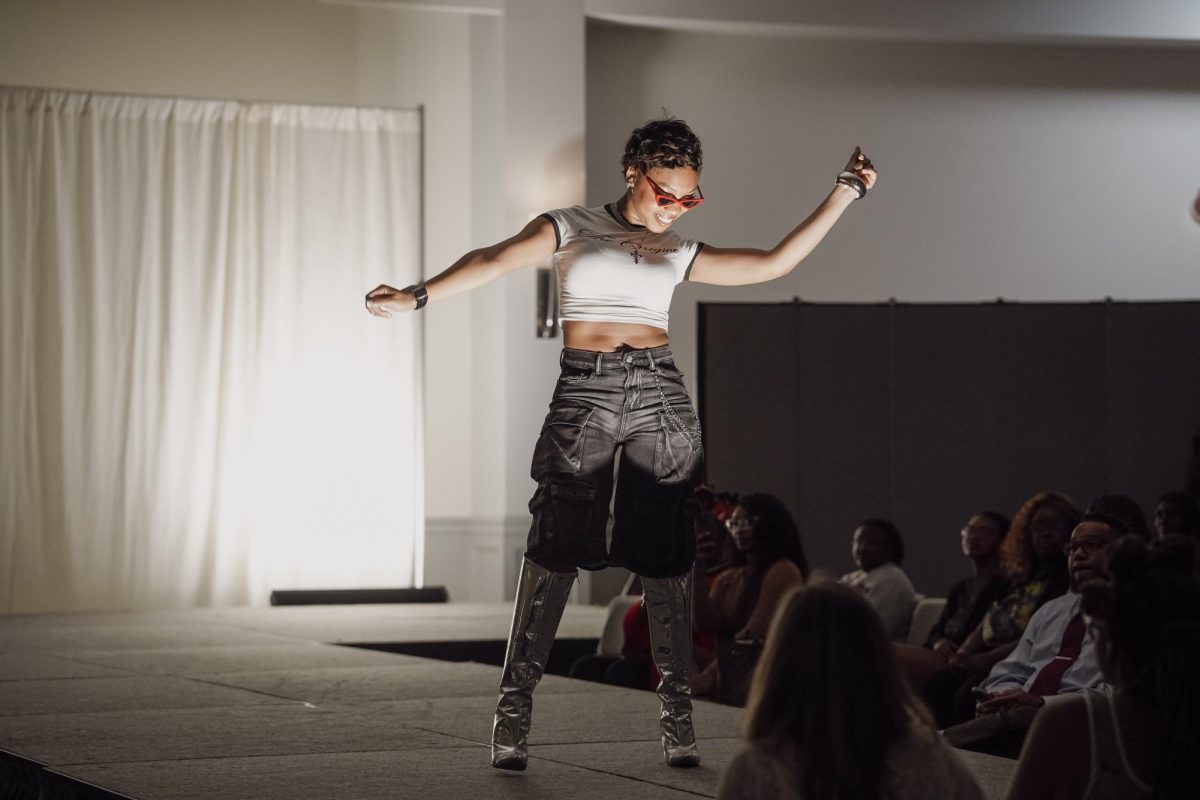The state and landowners of Acadia Plantation continue to negotiate the price of the land wanted for the recreation center; however, the state may expropriate the property soon, said Michael Davis, Assistant Vice-President for Administration, said. When negotiations began, the state had three options: it could acquire the property through a friendly acquisition, through expropriation, or it could walk away and could build the rec center on its alternate site, the women’s soccer field. The state has reached a decision not to walk away, which means there will either be a friendly acquisition or the state will expropriate the land, Davis said.
“We expect to hear something by the end of this month on the state’s position,” Davis said. “I think I should point out that the state is in control here. There is nothing else Nicholls can do.”
According to Davis, if the acquisition of the land is completed at the end of November, construction would start by the fall of 2008. However, if it takes eight to 12 months to acquire the property, construction would be delayed further. If the decision is delayed in the courts, construction could be put off until mid-2009.
Designing the building has been halted due to the design becoming site-specific, meaning the designers need to know soil conditions to design the foundation of the building, Davis said.
So far about $5 million has been collected in recreation center fees from students paying $75 each semester. Some of this money was used to buy the weight equipment that was placed in the racquetball courts and Stopher Gym. This equipment includes various types of weight equipment, five treadmills, five elliptical machines, two stair climbers, six exercise bikes and Cardio-theatre that includes six televisions, each with its own set of headphones. More equipment may be purchased, but this will not happen until after the rec center is built.
The excess money that has been collected is needed to offset the increase in the cost of construction, Davis said. The building is designed to add on a pool, a basketball court and tennis courts, and one of these projects may be able to be funded with the excess money.
Students have been paying the recreation center fee since the fall of 2002, and many students have graduated without seeing the recreation center; however, Davis said students would be able to use the facility for the number of semesters they paid the recreation center fee. Those past students can identify themselves; the campus recreation director will go into the system to see how long they were enrolled and paid the fee, according to Eugene Dial, Vice President of Student Affairs and Enrollment Services.
Although some students move away after graduating, Davis remains hopeful that students who choose to stay in the area will return to use the rec center once it is built.
“We regret that students who have moved will not return to use the facility,” Davis said. “However, the state does not provide funding for auxiliary-type buildings, so we could not control this situation.







